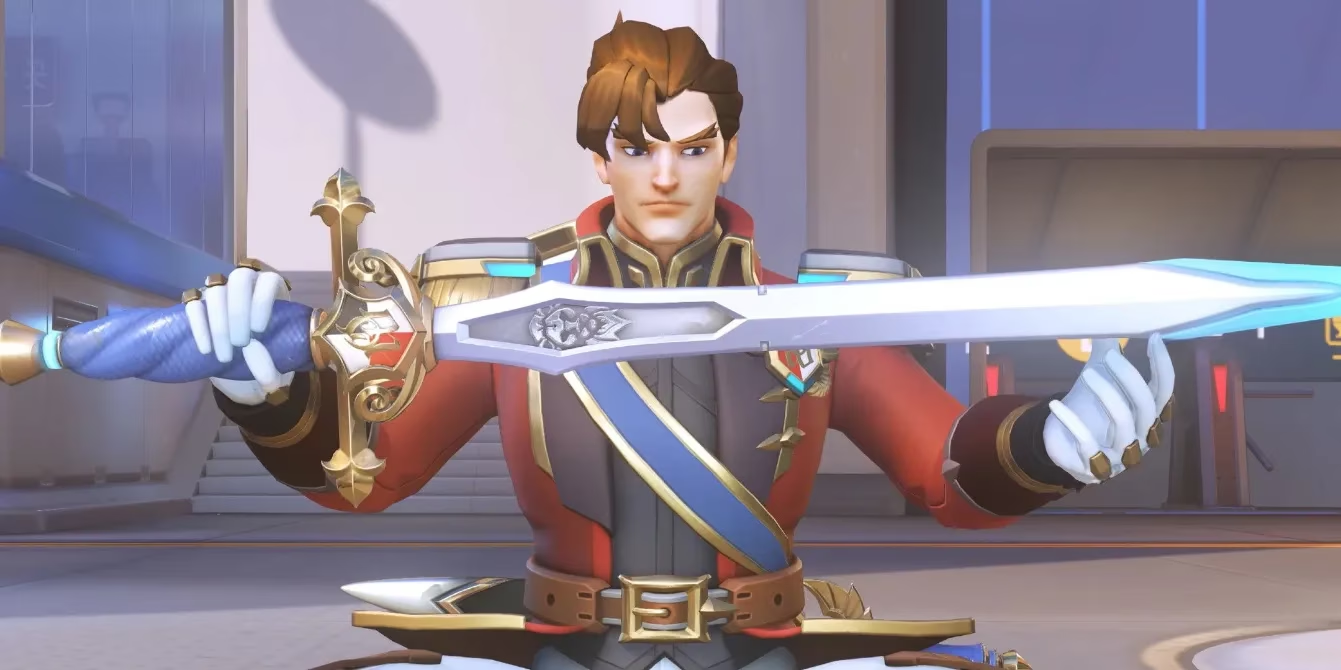Genji's New Skin Controversy in Overwatch 2 Season 16
Discover the controversy over Overwatch 2's new skins, highlighting cultural missteps and player backlash against Genji's problematic whitewashing in Season 16.
As I logged into Overwatch 2 for the first time this season, the buzz around Season 16's new skins hit me like a sudden gust of wind in a calm garden—unexpected yet impossible to ignore. My excitement for fresh cosmetics quickly gave way to a gnawing unease when I saw Genji's latest look. There it was: the iconic cyborg ninja transformed into what felt like a relic from a bygone era, a shift that struck me as jarringly out of place. I couldn't help but feel a pang of disappointment, as if my favorite character had been stripped of his essence overnight.  Staring at the image, I pondered why Blizzard would choose this direction, especially for a character so deeply rooted in Japanese culture. It's like watching a cherry blossom tree grafted onto an oak—unnatural and devoid of its original beauty. 😕
Staring at the image, I pondered why Blizzard would choose this direction, especially for a character so deeply rooted in Japanese culture. It's like watching a cherry blossom tree grafted onto an oak—unnatural and devoid of its original beauty. 😕
Diving into the community chatter, I discovered I wasn't alone in my confusion. Players across platforms like Reddit were ablaze with accusations of whitewashing, and scrolling through threads felt like navigating a stormy sea of opinions. One user, SirSwagAlotTheHung, pointed out how Genji's skin made him appear "a lot whiter than usual," while others joked that he should now be called "George"—a subtle jab that underscored the absurdity. I found myself nodding along, my own thoughts echoing theirs: Why turn a distinctly Japanese hero into what resembles a white British soldier? It was as baffling as trying to fit a square peg into a round hole; no matter how you twist it, the cultural fit is all wrong. 🎭
Here's a quick overview of key player reactions I encountered:
-
Accusations of whitewashing: Numerous comments highlighted how Genji's features seemed artificially lightened, sparking debates on representation.
-
Confusion with Soldier 76: Many mistook Genji for another hero due to the uniform, adding to the chaos.
-
Historical context: References to Blizzard's past skin controversies resurfaced, fueling skepticism.
| Aspect | Genji's Skin | Hanzo's Skin |
|---|---|---|
| Cultural Authenticity | Severely compromised, with fair skin and Western traits | Less altered, retaining more Asian features |
| Player Backlash | High, with widespread calls for change | Moderate, fewer complaints |
| Impact on Identity | Feels like erasure, as if wiping away heritage | Subtler, like a faint watermark on a canvas |
This table sums up the stark contrast, making me wonder why Hanzo escaped the same level of scrutiny. It was like comparing a delicate haiku to a blunt limerick—one preserved its soul, while the other lost its rhythm. 😔 Adding to the strangeness, I recalled leaks from last month where fans already flagged this issue, dubbing Genji a "western Disney prince." That metaphor stuck with me, painting the skin as a fairy-tale misstep, all glitter but no substance. Personally, I felt torn; as a player, I adore innovation, but this felt less like evolution and more like cultural amnesia.
Reflecting on Blizzard's history, such as previous dodgy skins, I couldn't shake the sense of déjà vu. It reminded me of a clockwork toy breaking down mid-performance—predictable, yet still disappointing. 🤖 Where do we draw the line between creative freedom and respect for origin stories? This controversy has opened a Pandora's box of questions about diversity in gaming that I believe deserve deeper contemplation. Perhaps it's time for developers to listen more closely to their global audience, ensuring that skins honor rather than obscure cultural roots. After all, in a game as diverse as Overwatch, representation should be more than just a cosmetic layer—it should resonate authentically.
Data referenced from Giant Bomb highlights the importance of cultural authenticity in character design, especially in games with diverse rosters like Overwatch 2. Giant Bomb's community forums and editorial reviews often discuss how visual changes to iconic heroes can impact player sentiment and the broader perception of representation within the gaming industry.